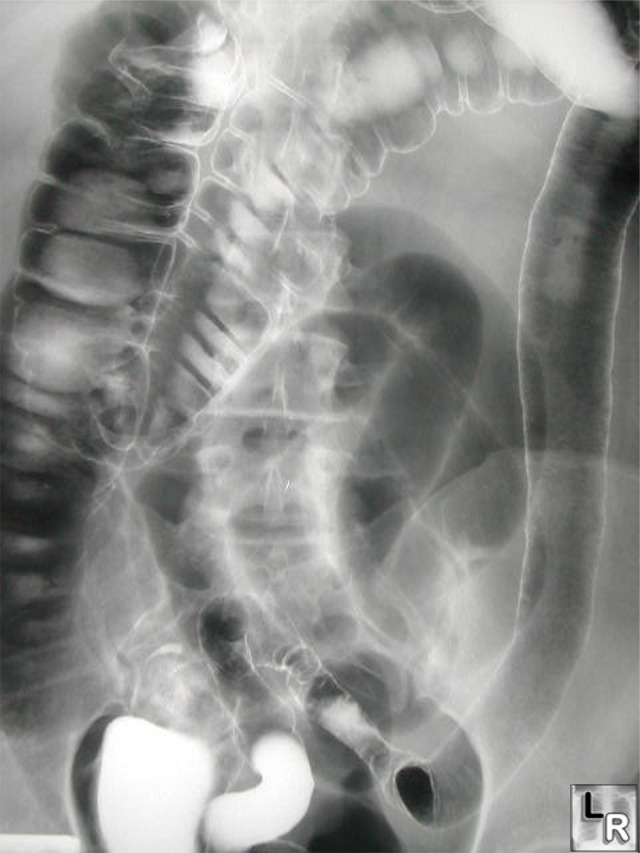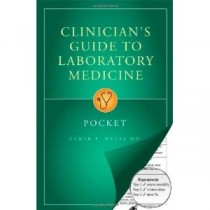The Medical Media Review
-

Inflammatory Bowel Disease: Crohn’s Versus Ulcerative Colitis
The best way to appreciate and remember the differences between Crohn’s disease and ulcerative colitis, both inflammatory bowel diseases, is to juxtapose them and compare them in a pairwise fashion: Transmural vs. Mucosal Only Transmural: This is the most important distinguishing feature of Crohn’s disease. The transmural nature of the disease is what leads to…
-
Meningitis: How to Answer “Best Next Step” Questions
If, on a standardized test, you are asked what’s the “best next step” in the management of a patient with suspected meningitis, prioritize thusly: Droplet precautions if Neisseria meningitidis is suspected (this comes first for public health reasons) Administer acyclovir if HSV meningitis is suspected (there’s no reason to delay this) Draw blood cultures (because…
-

Chronic Diarrhea: Laboratory Medicine Tips and Tricks
Routine labs can tell you a great deal about your patient’s chronic diarrhea: Potassium: Potassium should, of course, be low in patients with chronic diarrhea. If it is high and the patient has normal kidney function, then your patient may have Addison’s disease, or primary adrenal insufficiency. Microcytic anemia: microcytic anemia suggests anemia of iron…
-

D-dimer: Key Points
It can be challenging to make a diagnosis of acute pulmonary embolism (PE). Research has consistently shown that the clinical manifestations of PE are common in patients without PE. Additional diagnostic testing is warranted if PE is a consideration. In recent years, the D–dimer test has played an important role in the evaluation of suspected…
-
Success with DRESS: What You Need to Know about Drug Reaction with Eosinophilia and Systemic Symptoms
Introduction Drug Reaction with Eosinophilia and Systemic Symptoms (DRESS) is a potentially life-threatening medical emergency. Patients present with fever, rash and internal organ dysfunction or failure. Organs affected include liver (hepatitis, fulminant hepatic failure), lungs (pneumonitis), kidneys (renal failure, nephritis), brain (encephalopathy and/or aseptic meningitis), and heart (myocarditis, heart failure). Endocrine dysfunction such as hyperthyroidism,…
-
Dr. Lander’s Eye Manual for Residents
I would like to thank Jeffrey R. Lander, MD from the Leader Heights Eye Center for agreeing to share his awesome Eye Manual for Residents with the world. In Dr. Lander’s words: “If you are an internist or family practice doctor, you do need to know a few things about ophthalmology. Fortunately for you, you…
Got any book recommendations?